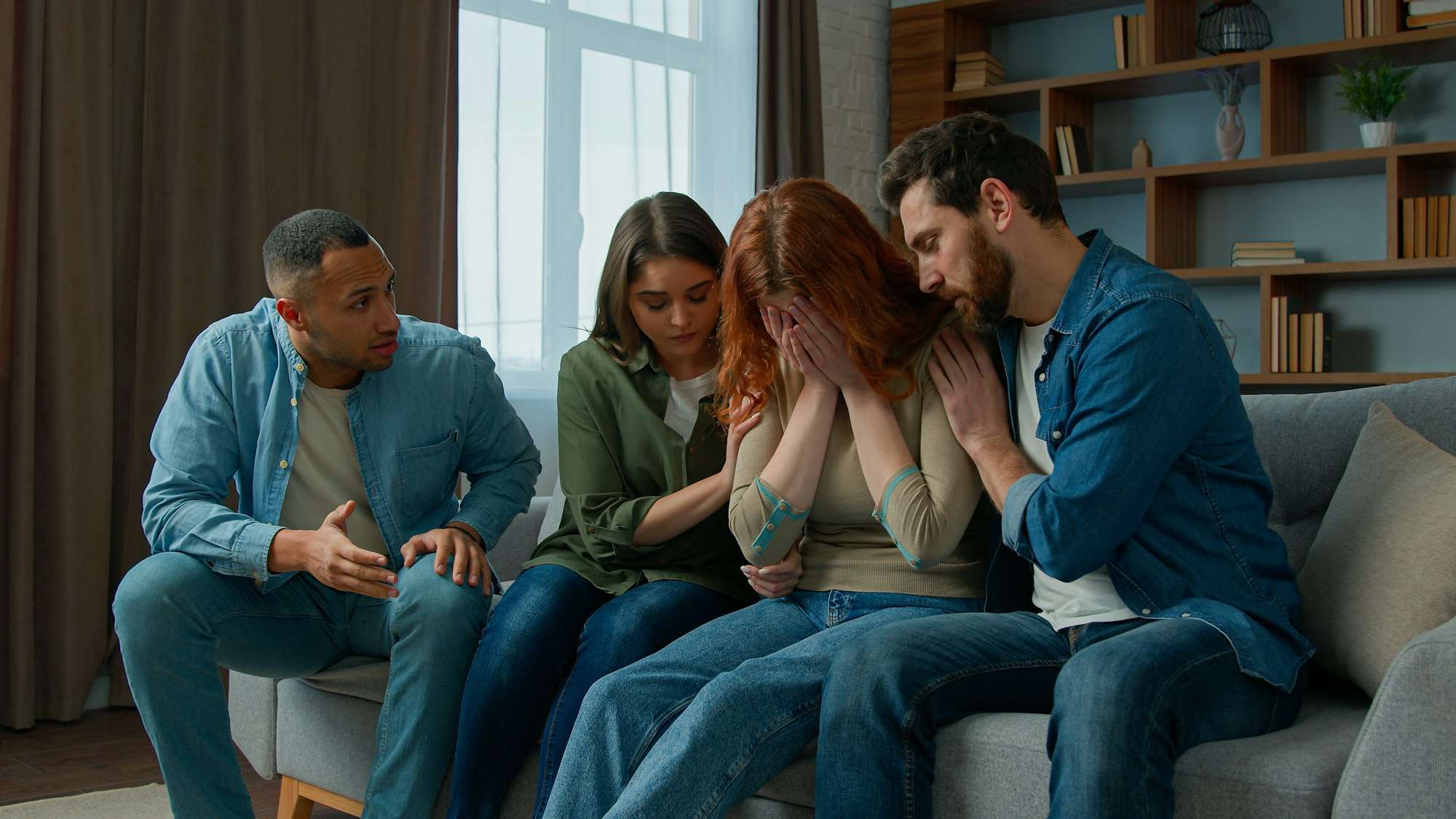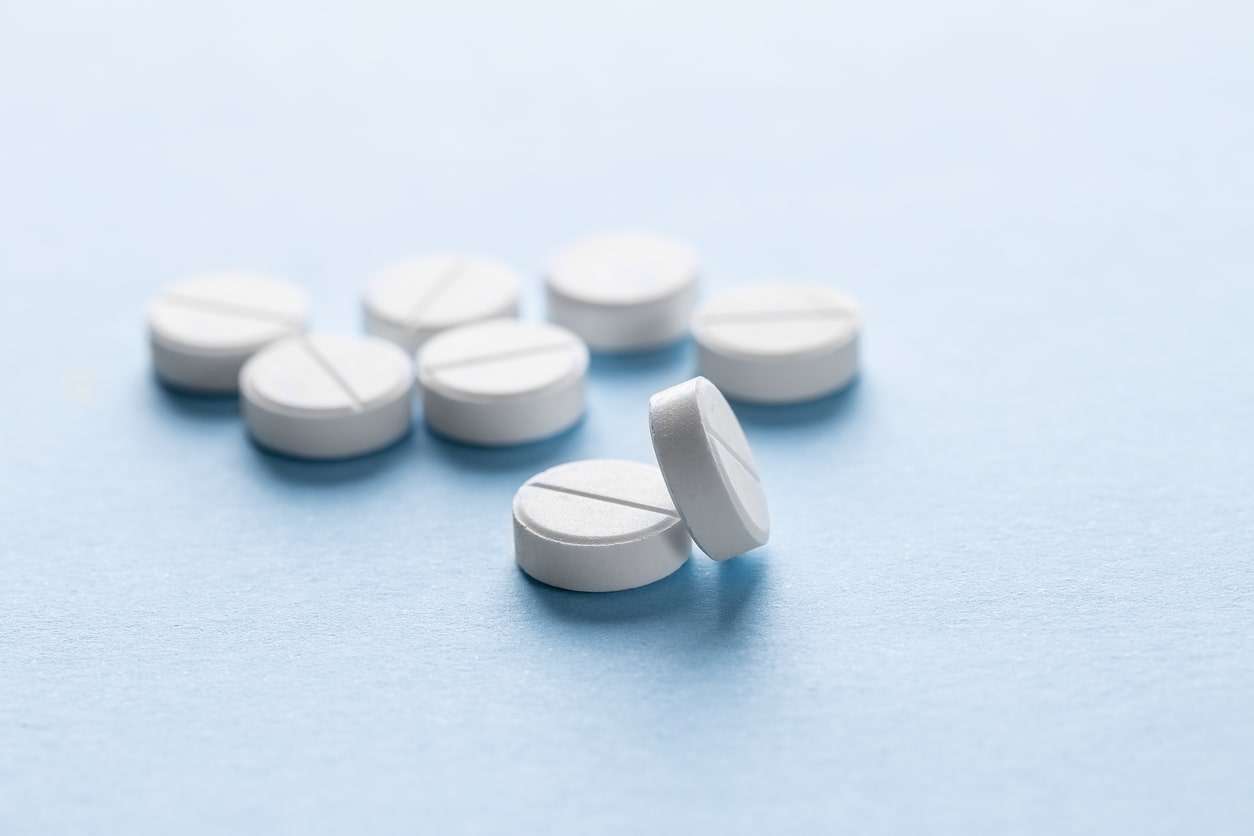Flexeril, a widely prescribed muscle relaxant, can bring relief to countless individuals struggling with muscle pain and spasms. However, like any other medication, it is essential to understand the potential side effects and withdrawal symptoms that may arise from its use. This article will explore what Flexeril is, the withdrawal process, the signs and symptoms to look out for, the timeline of withdrawal, and available detox options for those in Atlanta.
What is Flexeril?
Flexeril, also known as cyclobenzaprine, is a muscle relaxant medication that is commonly prescribed to treat muscle spasms, strains, and other related conditions. It works by acting on the central nervous system, blocking nerve impulses or pain sensations that are sent to the brain. Typically prescribed for short-term use, Flexeril provides patients with temporary relief from pain and discomfort associated with muscle injuries. While it is not a narcotic or an opioid, long-term use or misuse of Flexeril can lead to dependence and withdrawal symptoms.
What is Flexeril Withdrawal?
Flexeril withdrawal refers to the physical and psychological symptoms that an individual may experience when they stop taking the medication after prolonged use or misuse. The withdrawal process occurs because the body becomes accustomed to the presence of the drug, and it struggles to function normally without it. Although not as severe as withdrawal symptoms from substances like opioids, benzodiazepines, or alcohol, Flexeril withdrawal can still be uncomfortable and distressing for those who experience it.
Signs and Symptoms of Flexeril Withdrawal
The signs and symptoms of Flexeril withdrawal can vary from person to person, but they generally include:
- Anxiety: As the body struggles to cope without the medication, it is common for individuals to experience increased anxiety and restlessness during withdrawal.
- Insomnia: Disruptions to sleep patterns are common during the withdrawal process, making it difficult for individuals to fall asleep or stay asleep.
- Headaches: Many individuals report experiencing headaches or migraines during the withdrawal process, as the body adjusts to the absence of the medication.
- Nausea and vomiting: Gastrointestinal symptoms, such as nausea and vomiting, are also common during withdrawal.
- Muscle pain and spasms: Since Flexeril is primarily prescribed to treat muscle pain and spasms, it is not surprising that these symptoms may reappear or worsen during withdrawal.
- Fatigue: Many individuals feel a general sense of fatigue and malaise during the withdrawal process.
- Depression: Psychological symptoms, such as depression and mood swings, are also common during Flexeril withdrawal.
Flexeril Withdrawal Timeline
The timeline for Flexeril withdrawal can vary depending on several factors, including the duration of use, dosage, and individual physiological differences. Generally, the withdrawal process can be broken down into the following stages:
- Early withdrawal (24-72 hours): During this stage, individuals may start to experience symptoms such as anxiety, insomnia, headaches, and muscle pain.
- Peak withdrawal (3-5 days): Symptoms typically peak during this time, with individuals experiencing the most intense discomfort and distress.
- Late withdrawal (1-2 weeks): As the body continues to adjust to the absence of the medication, withdrawal symptoms begin to subside, and individuals may start to feel better physically and mentally.
- Post-acute withdrawal (weeks to months): Some individuals may continue to experience mild withdrawal symptoms or psychological cravings for the medication for several weeks or even months after stopping use.
Find Detox for Flexeril in Atlanta
If you or a loved one is struggling with Flexeril withdrawal, it is crucial to seek professional help and support to ensure a safe and comfortable detoxification process. In Atlanta, there are several options available to help you through this challenging time.
- Medical detox: A medical drug and alcohol detox program provides round-the-clock supervision and support from a team of healthcare professionals. These programs may use medication and other therapeutic interventions to manage withdrawal symptoms and ensure patient safety. Medical detox can take place in a hospital or specialized detox facility and typically lasts for a week or more, depending on the individual’s needs.
- Outpatient detox: For those with mild to moderate withdrawal symptoms, outpatient detox may be an appropriate option. Outpatient detox allows individuals to continue their daily routines while receiving support and medical care from healthcare professionals during regular appointments. This can include medication management, therapy, and counseling to help manage withdrawal symptoms and address any underlying issues that may have contributed to the development of dependence.
- Residential treatment programs: Residential treatment programs provide a structured environment where individuals can focus on their recovery and receive comprehensive support. These programs often include medical detox, therapy, counseling, and support groups to help individuals address the physical, emotional, and psychological aspects of their addiction. Residential treatment programs can range in duration from a few weeks to several months, depending on the individual’s needs and progress.
- Support groups: Support groups, such as Narcotics Anonymous (NA) and SMART Recovery, can provide invaluable peer support and encouragement for individuals going through Flexeril withdrawal. These groups offer a safe and non-judgmental space for individuals to share their experiences, learn from others, and build a strong network of support during their recovery journey.
Find Detox in Atlanta Today!
If you or a loved one is struggling with Flexeril withdrawal, don’t hesitate to seek help. Reach out to a healthcare professional or Detox ATL to discuss your options and find the support you need. With the right resources and professional guidance, you can successfully navigate the withdrawal process and take the first steps toward a healthier, drug-free life.






